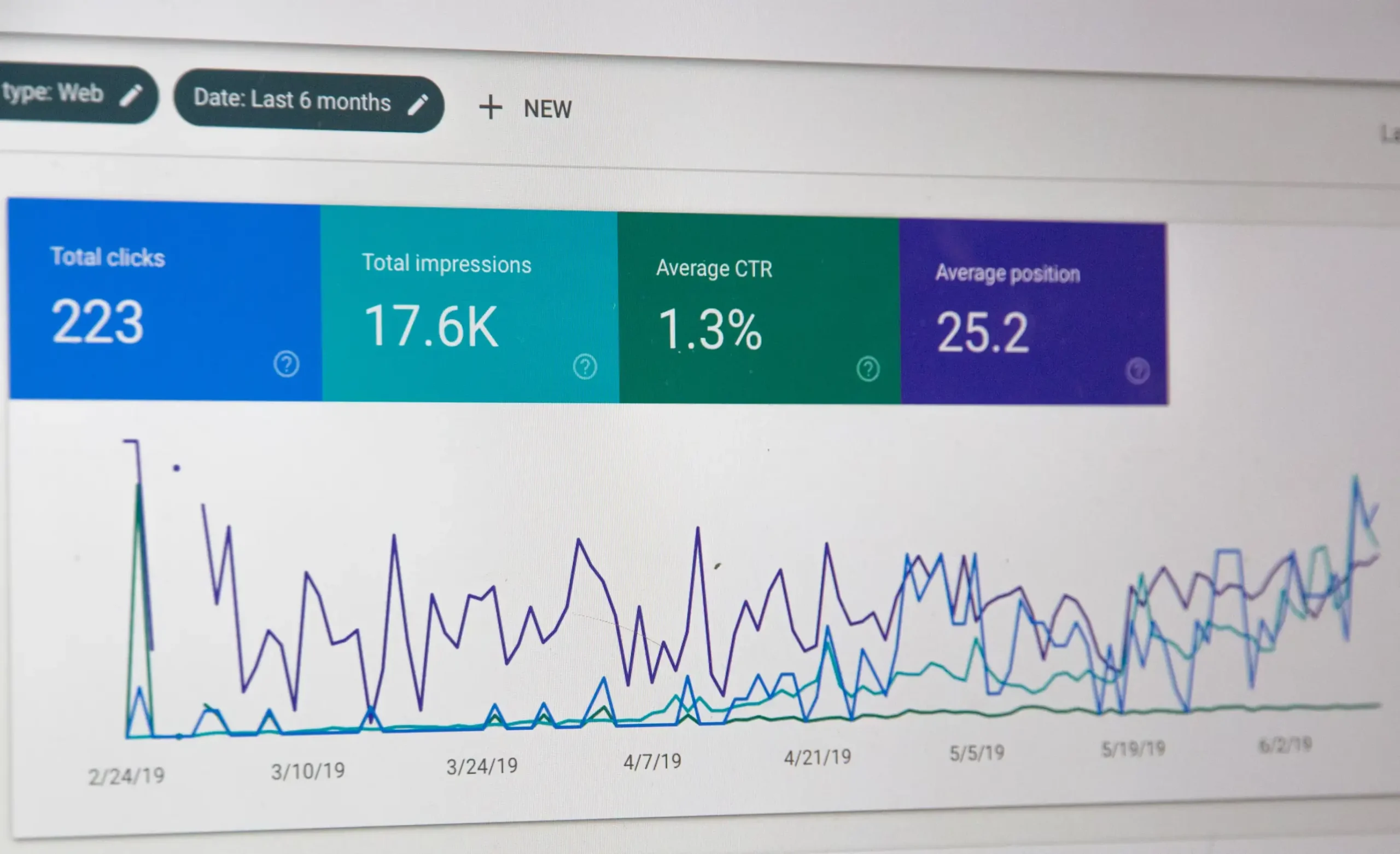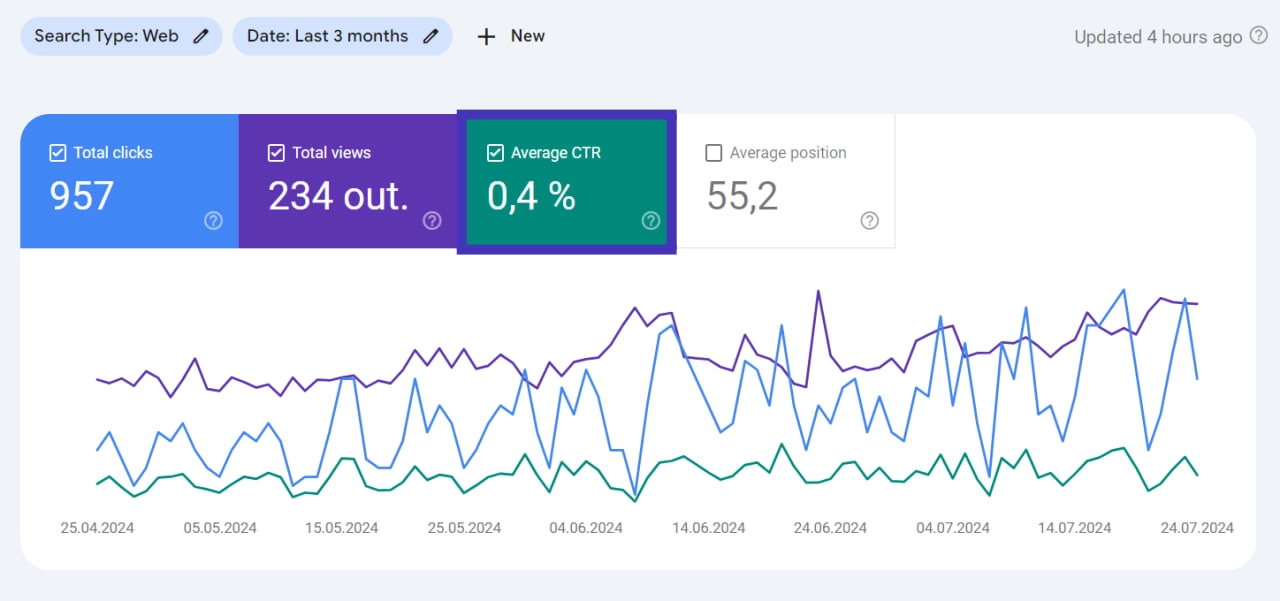When you invest time and resources into SEO (Search Engine Optimization), it’s crucial to determine whether your efforts are paying off. The question “How do you know if your SEO is working?” often arises, especially for those new to digital marketing. Understanding the effectiveness of your SEO strategy can help you make informed decisions and fine-tune your approach for better results.
How Much Time Does SEO Typically Require?
SEO is not a one-time thing; it’s a long-term strategy that requires consistent effort and patience. On average, it takes about 4 to 6 months to start seeing noticeable improvements in your search engine rankings. However, this timeline can vary depending on factors such as the competitiveness of your industry, the current state of your website, and the effectiveness of your SEO strategy.
Understanding how to know if your SEO is working is crucial during this period. Early indicators of progress include increased website traffic, better rankings for targeted keywords, and improved user engagement metrics. But how do you know if your SEO is working in the long term? Discover more with us.
How to Check if Your SEO is Working
This guide will walk you through the essential steps to evaluate the effectiveness of your SEO strategies.
1. Increased Organic Traffic
One of the most obvious indicators that your SEO is working is increased organic traffic. This refers to visitors who find your website through search engines like Google. Tools such as Google Analytics can assist you in monitoring fluctuations in organic traffic over time. A steady rise in organic visitors is a strong sign that your SEO strategies are effective.
2. Higher Search Engine Rankings
Tracking your website’s ranking for targeted keywords is another method to measure SEO success. Use tools like Google Search Console or third-party SEO tools to see where your site stands in the search engine results pages (SERPs). If you notice that your website is climbing the ranks for your targeted keywords, it’s a good indication that your SEO efforts are working.
3. Improved Click-Through Rates (CTR)
Click-through rate (CTR) measures the percentage of people who click on your site’s link after seeing it in the search results.
A higher CTR indicates that your meta titles and descriptions are resonating with searchers. Optimizing these elements to include relevant keywords and compelling calls to action can significantly impact your CTR, providing another clue to answer the question, “How do you know if your SEO is working?”
4. Lower Bounce Rates
Bounce rate measures the percentage of visitors who exit your site after viewing only one page. A high bounce rate could suggest that your content isn’t engaging or relevant to the visitors’ search intent. Conversely, a lower bounce rate suggests that visitors are finding your content useful and are exploring multiple pages on your site, indicating effective SEO.
5. Quality Backlinks
High-quality backlinks can boost your site’s authority and improve its SEO performance. Utilize tools such as Ahrefs or Moz to monitor the quantity and quality of backlinks directed to your site. An increase in high-quality backlinks is a strong indicator that your SEO strategy is working and that other sites find your content valuable.
If you’re looking to enhance your backlink strategy, we suggest trying our link-building service.
6. Conversion Rate Increases
Ultimately, the aim of SEO extends beyond merely attracting visitors; it’s about converting them into customers, subscribers, or leads. Monitor your conversion rates to see if there’s an uptick in the desired actions taken by your site’s visitors. This could be sales, sign-ups, or other key performance indicators relevant to your business. Improved conversion rates are a clear sign that your SEO efforts are effective.
7. Enhanced User Experience
A well-optimized website doesn’t just rank higher in search results; it also provides a better user experience. Factors like page load speed, mobile-friendliness, and easy navigation are crucial for SEO and user satisfaction. Use tools like Google’s PageSpeed Insights to assess and improve these aspects of your site.
8. Increased Pages Per Session
The number of pages a visitor views per session can be a good indicator of how engaging and useful your website content is. An increase in pages per session indicates that visitors find your site valuable and are engaging with more of your content, which can also have a positive effect on your SEO.
9. Reduced Average Page Load Time
The speed at which a page loads is crucial for enhancing user experience and improving SEO. Faster-loading pages are more likely to keep visitors on your site, reducing bounce rates and improving overall user satisfaction. Regularly check and optimize your page load times using tools like GTmetrix or Google’s PageSpeed Insights.
10. Better Local Visibility
If your business relies on local customers, improving your local search visibility is a key SEO objective. Track your performance on local search engines, and review your Google Business Profile insights to see if you’re gaining more views and engagement from local searches.
11. Higher Return on Investment (ROI)
SEO is a long-term investment, but it should ultimately lead to a positive ROI. Track the revenue generated from organic traffic, and compare it to your SEO costs to see if your efforts are paying off. An increasing ROI is a strong signal that your SEO strategy is effective.
So, how do you know if your SEO is working? By closely monitoring these key indicators: increased organic traffic, higher search engine rankings, improved click-through rates, lower bounce rates, quality backlinks, higher conversion rates, and enhanced user experience. Consistently analyzing these metrics will provide insight into the effectiveness of your SEO strategy, allowing you to make the necessary adjustments for continued success. Keep refining your approach, and your website’s performance will soar.








